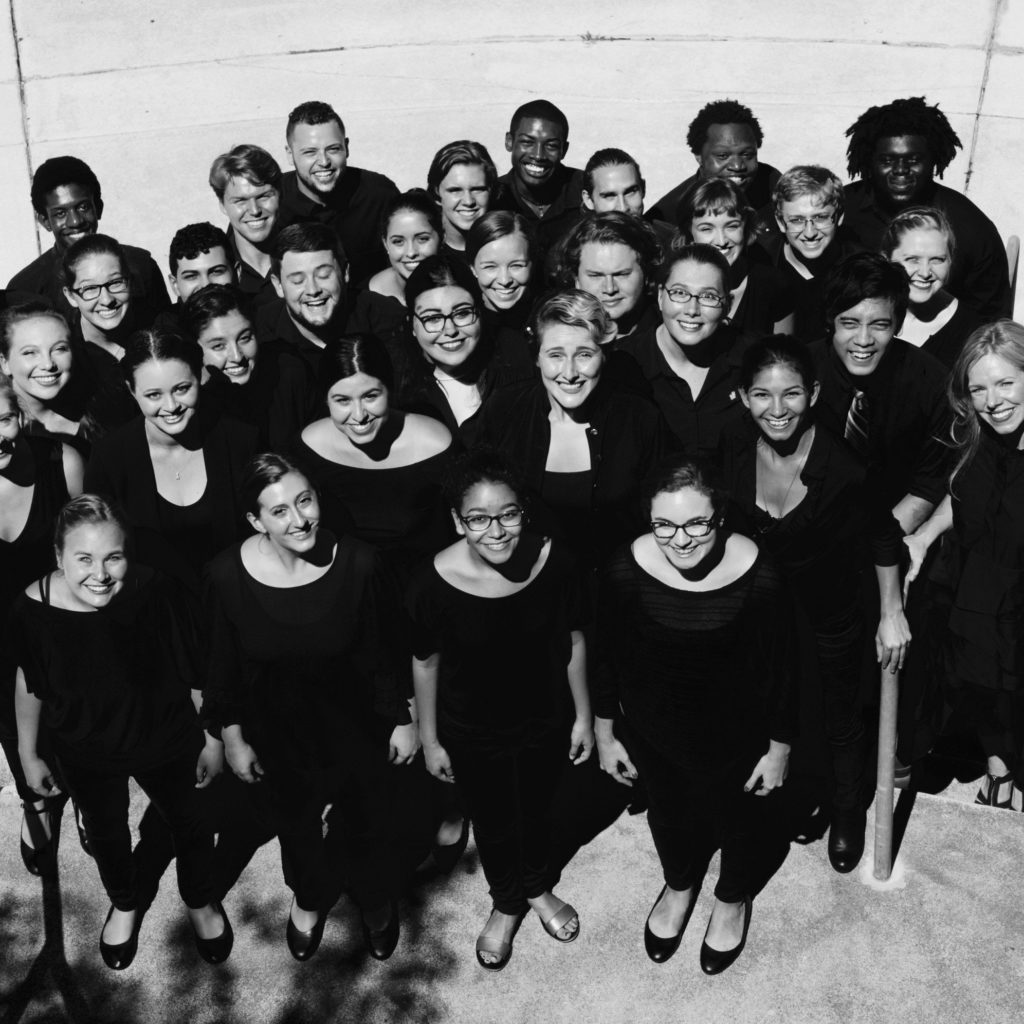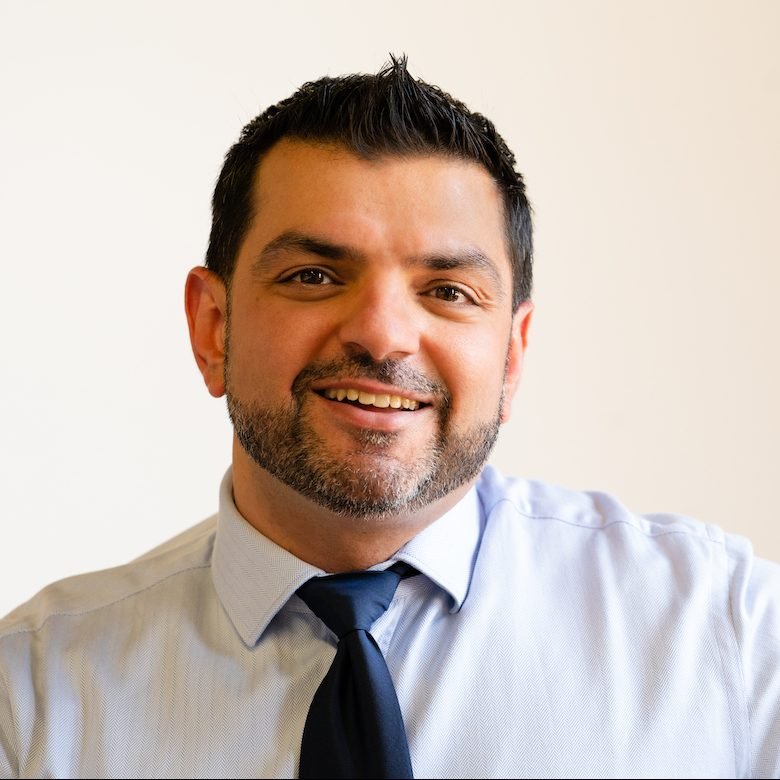Ash Perrin | The Power of Play
Can play heal the wounds inflicted by displacement and social exclusion? The answer, according to Ash Perrin, is unequivocally yes. As the founder of a nonprofit that brings play and laughter to marginalized children, Perrin works with children in refugee camps who are living in acutely difficult circumstances. They show clear signs of trauma — withdrawal, anxiety, hostility, and suspicion — and their experiences lead them to seek self-preservation through aggression and to see other people as threats. But play has the power to change that. Play builds social bonds, teaches conflict resolution, develops resilience, promotes self-esteem, and fosters joy. In a world riven by conflict and increasingly invested in digital rather than personal connections, we must be proactive in preserving traditional forms of physical play because play and laughter are our one global language.

In 2007, Ash Perrin was on holiday in Cambodia and found himself performing some magic in an orphanage. The children were comfortable and happy, but it struck him that these were feelings they didn’t usually experience. He realized that as an entertainer and a clown who cares passionately about the health and happiness of children, he should do as much as possible to spread laughter to those who need it most. He launched The Flying Seagull Project three months later. Since then, the group has worked with more than 100,000 children in hospitals, orphanages, deaf/blind schools, refugee camps, and slums around the world.





